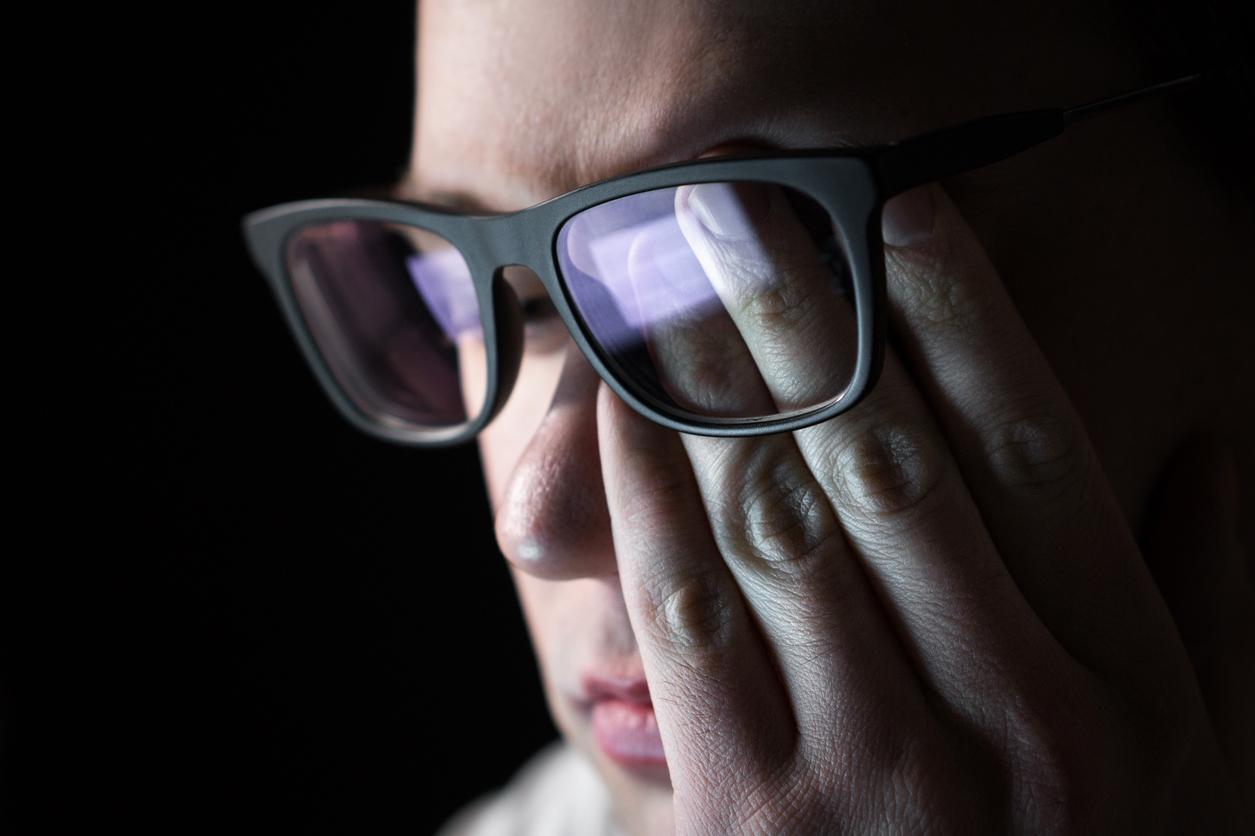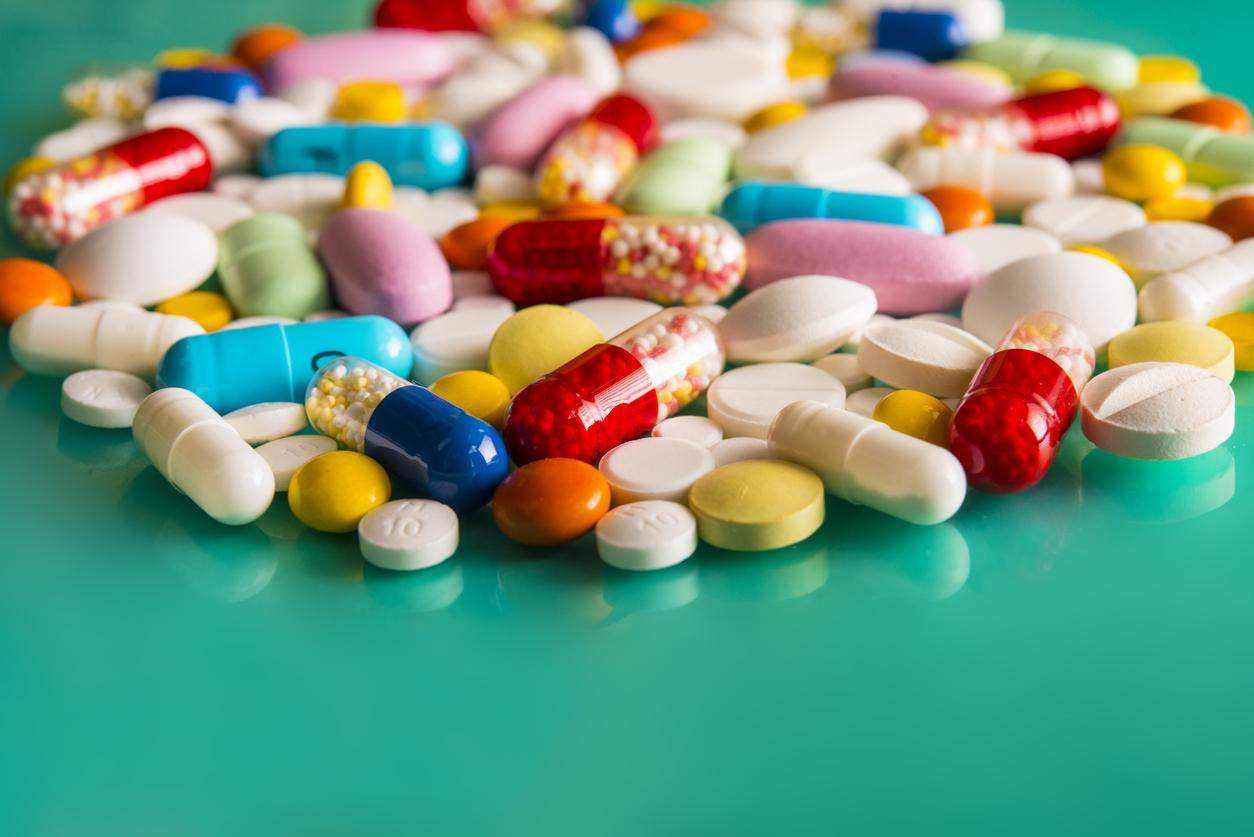We know that the vitamin C (or ascorbic acid) is essential for the formation of elastic fibers (collagen) contained in the walls of blood vessels, in the skeleton, tendons, ligaments or even the gums. However, “the reputation of vitamin C as a general stimulant to fight against tired exists … only in France “, underlines Dr Jean-François Forget, scientific director of Guide to food supplements (ed. Vidal).
“Likewise, there is no study that can formally state that vitamin C prevents sleep. And finally, its effects on the immune system have only been demonstrated in people with insufficient food intake. . “
On the other hand, by contributing to the absorption and storage of iron in the body, it indirectly participates in giving energy since iron has proven its effectiveness in combating fatigue and stimulating intellectual performance. The deficiencies are important to fill, especially in people weakened by age, disease …
• Red bell pepper (raw or cooked): ½ cup = 101 to 166 mg
• Papaya, ½ fruit = 94 mg
• Kiwi, 1 medium fruit = 71 mg
• Orange, 1 medium fruit = 70 mg
• Mango, 1 medium fruit = 57 mg
• Broccoli (raw or cooked): ½ cup = 45 to 54 mg
• Cooked Brussels sprouts: 4 sprouts = 52 mg
• Squeezed grapefruit: ½ cup = 36 to 50 mg
• Vegetable juice, ½ cup = 35 mg
• Pineapple, ½ cup = 34 mg
The recommended nutritional intake is 90 mg / day for a man and 75 mg / day for a woman.
Is vitamin C in food or in a tablet the same thing?
Vitamin C is water soluble, that is, it is water soluble. Even if most mammals manage to synthesize it, the human body has lost the habit of it during its evolution and must therefore draw it every day from food. It is naturally present in a number of fruits and vegetables and, in the majority of cases, the recommended consumption of 5 fruits and vegetables per day largely meets our needs. Note that cooking partially destroys this vitamin, it is better to eat some of these raw fruits and vegetables.
Tablet sides, composed of ascorbic acid (or ascorbate), the organic acid present in a particular form in lemons, they can possibly replace the natural vitamin of plants but they are not assimilated by the body in the same way . “The interest of natural vitamin C, specifies Dr. Jean-Christophe Charrié, general practitioner trained in phytotherapy, in his book” To treat oneself all year round naturally “(ed. Prat), is that it is 100% assimilable by the body, which is not the case for artificial vitamin C, which can only be assimilated at 50%. It is therefore better to vary your sources of fruits and vegetables or opt for natural vitamin C tablets made from acerola, a kind of little West Indian cherry particularly well endowed. You can also drink in the morning, in a large glass of water, 1 to 2 tablespoons of sea buckthorn juice, available in pharmacies, drugstores or organic diet stores. “
Are vitamin cures beneficial in case of fatigue?
Many studies show that the French do not have the recommended daily intake. As soon as a disorder occurs, it becomes advisable to prescribe food supplements. “Personally,” says Dr. Senninger, “I am wary of complexes in which we find all the possible and imaginable micronutrients. I prefer to use vitamins, minerals, omega 3s, plants …, depending on the patient who is in in front of me, because the causes of fatigue are multiple. However, in the event that a person would like to anticipate a sudden fatigue, I can recommend a cure containing omega 3, magnesium, selenium, zinc, calcium, group B vitamins (BI, B2, B3, B5, B6, B9) and vitamin C. In this case, three cures of two months per year are interesting and should be part of a diet perspective healthy. Because there is no point in taking vitamin cures if you drink or smoke more than right. “
Read also :
Vitamin C: more should be taken
Infographic: the foods richest in vitamin C

















